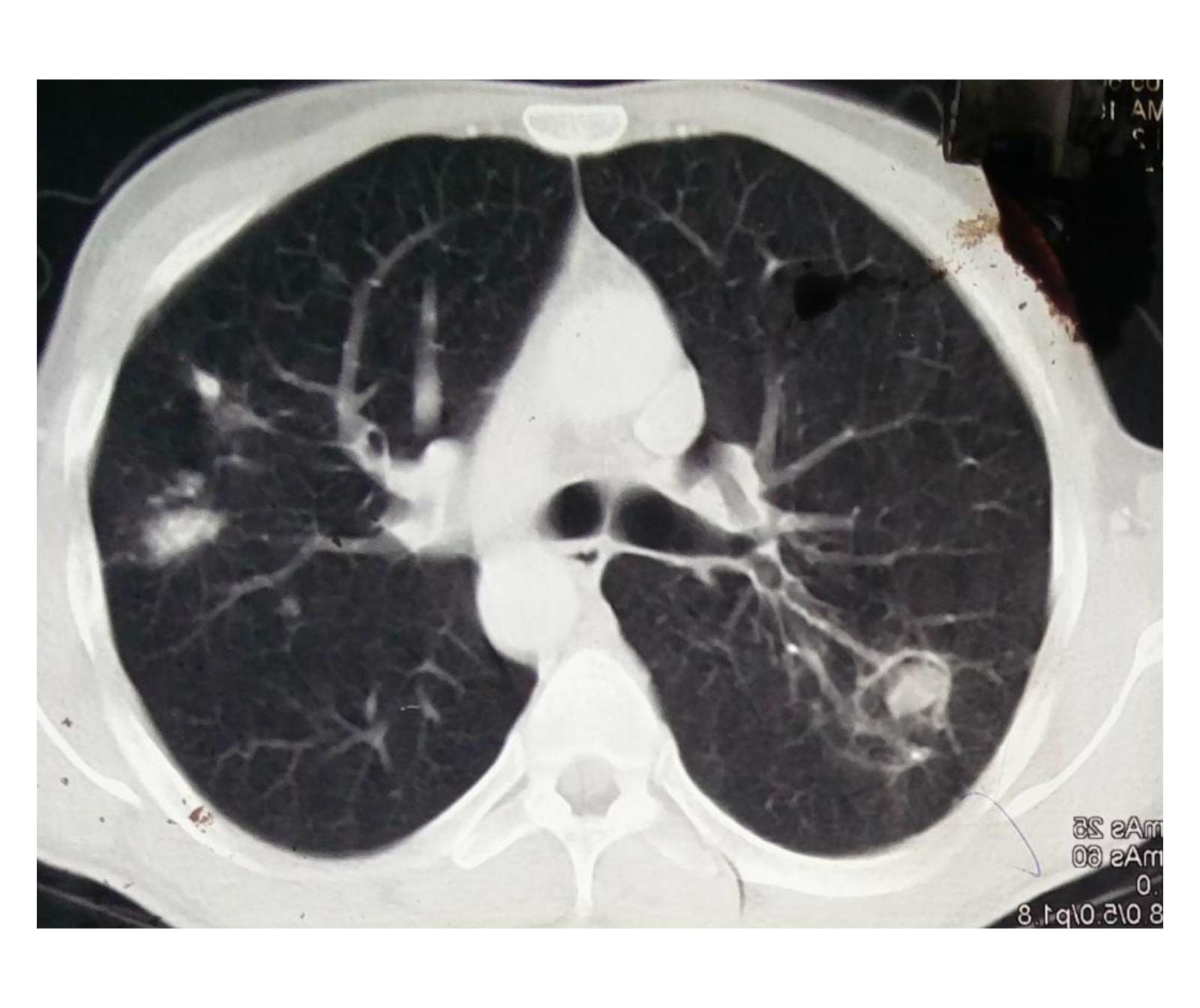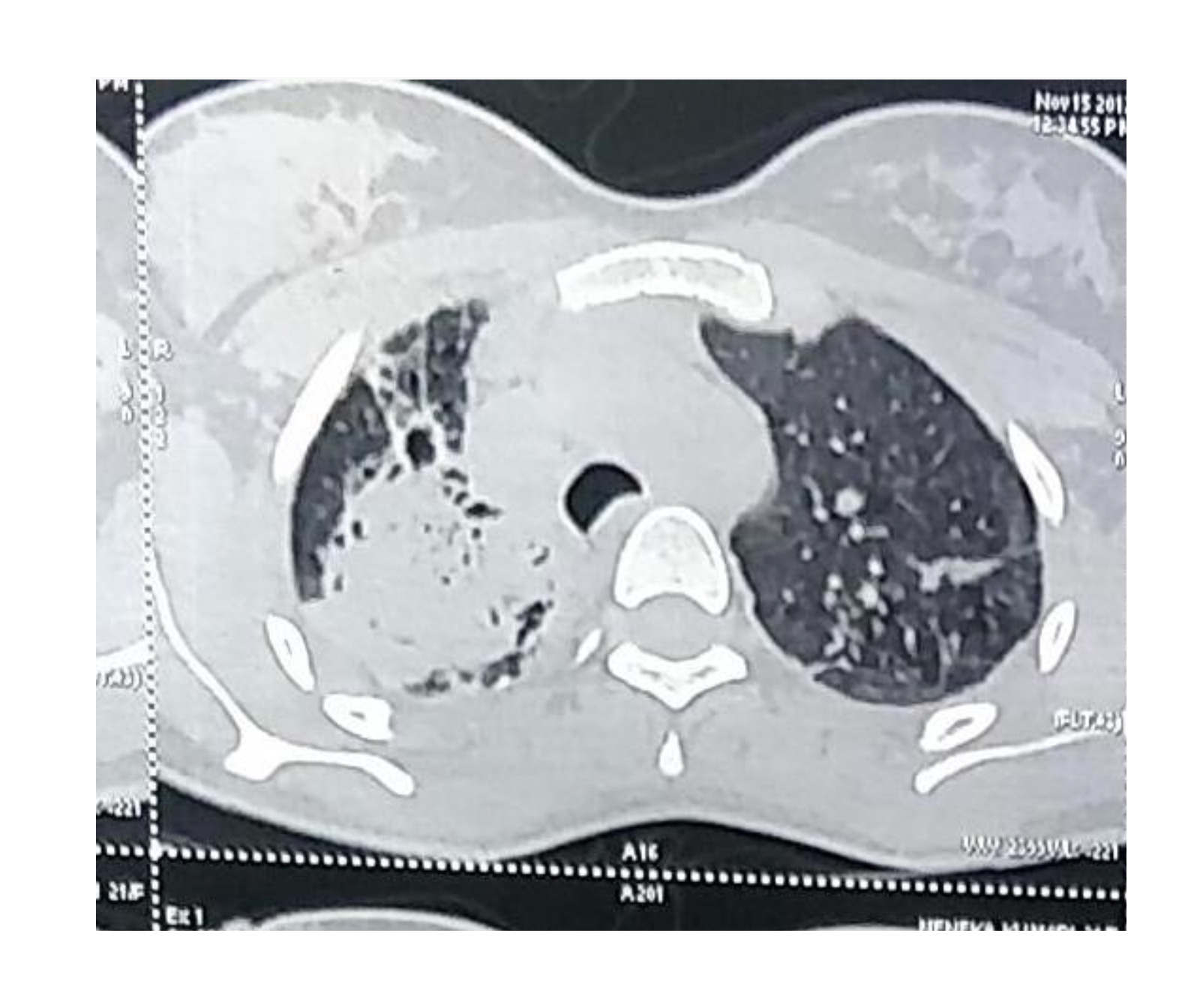National Heart Institute, Holy Family Instititue
Sir Ganga Ram Hospital – Mon, Wed, Fri (8 AM – 10 AM) – F87 OPD Building (12 to 3 PM) at Room 2328
MBBS, MS, Doctorate Thoracic Surgery
Thoracic Surgeon – New Delhi
MBBS, MS, Doctorate Thoracic Surgery
Decoding PTS:
Post-tuberculosis sequelae
Post-Tuberculosis Sequelae refers to the long-term effects that can occur after you've been treated for tuberculosis
Dr Pallavi Purwar
Thoracic Surgeon - Holy Family Hospital Delhi
Unraveling Post Tuberculosis Sequelae
PTBS - When Should I See a Doctor?
For localised post TB bronchiectasis surgery should be considered for repeated chest infection, cough in blood, repeated episodes of fever, non homogenous bronchiectasis based on CT findings
For, Aspergilloma surgery should be offered if you have repeated episodes of cough in blood, massive hemoptysis, or ct scan is suggestive of complications in the nearby lung because of the presence of aspergilloma. We must always consult our doctors for this understanding for aspergilloma.
For post tuberculosis destroyed lung surgery should only be done when symptoms persist
Surgery may be considered as an adjunct to medical therapy in certain situations. For example, if there is a localised area of infection that is not responding well to medication, or if there is a risk of spreading the infection to other parts of the body, surgery may be recommended. Additionally, surgery may be considered for the removal of lung cavities or to address complications such as hemoptysis (coughing up blood).
Respiratory Impairment
This can manifest as chronic cough, shortness of breath, and decreased lung function. The damage caused by TB to the lungs can lead to scarring and fibrosis, which can affect the ability to breathe properly.
hemoptysis - Blood in Cough
When TB infection damages the lungs, it can lead to the formation of scar tissue or cavities. These structural changes can weaken blood vessels in the lungs, making them more prone to bleeding. Hemoptysis can occur when these blood vessels rupture, causing blood to be coughed up.
Chest Pain or Pressure or Chest Discomfort
Chest pain can occur as a result of the scarring and fibrosis that develops in the lungs after TB. The pain may be sharp or dull and can be exacerbated by deep breathing or physical activity.
Wealth of Experience
Treatment of Post Tuberculosis Sequelae
Highly skilled Surgical Intervention: Dr Pallavi Purwar can perform surgical procedures such as lung volume reduction surgery to improve lung function and quality of life for individuals with severe scarring.
Non Surgical Treatment It's important to note that not all cases of post-tuberculosis sequelae require surgical intervention. Many individuals can manage their symptoms through non-surgical approaches, such as pulmonary rehabilitation, medication, and lifestyle modifications. However, in severe cases where conservative treatments are not sufficient, surgical options may required to explore.
Multidisciplinary Approach Decision to involve a thoracic surgeon in the treatment of post-tuberculosis sequelae is typically made in collaboration with a multidisciplinary team of healthcare professionals, including pulmonologists, infectious disease specialists, and radiologists. This collaborative approach ensures that the most appropriate and effective treatment plan is developed for each individual based on their specific needs and circumstances.


Core of Our Practice
Each Patient's Journey is Unique
At the core of our practice lies the belief that each patient’s journey is unique.
We are committed to understanding your specific needs and expectations, and partnering with you in devising a personalised treatment plan. Your comfort, confidence, and well-being are our utmost priorities.
Understanding Individual Needs: As a Thoracic Surgeon at Holy Family Hospital Delhi, Dr. Pallavi Purwar prioritise understanding each patient's specific needs and expectations to tailor a personalised treatment plan.
Focus on Comfort & Well Being: Our utmost priorities are ensuring our patient's comfort, instilling confidence in their treatment journey, and promoting overall well-being throughout the process.
care that extends beyond the operating room
Patient-Centered Care
General FAQ
FAQ - Post-Tuberculosis Sequelae
Post-tuberculosis sequelae are long-term complications that can occur after successfully treating tuberculosis (TB). These complications can affect various organs and systems in the body.
Common post-tuberculosis sequelae include lung damage (such as fibrosis or cavities), respiratory problems, joint and bone problems, hearing loss, kidney damage, and mental health issues.
Post-tuberculosis sequelae can develop months or even years after completing TB treatment. The exact timing varies from person to person.
While it's not always possible to prevent post-tuberculosis sequelae, early diagnosis and prompt treatment of TB can help minimize the risk. It's important to complete the full course of TB treatment as prescribed by your healthcare provider.
The symptoms of post-tuberculosis sequelae depend on the specific complication. For example, lung damage may cause persistent cough, shortness of breath, or chest pain, while joint and bone problems can lead to pain, stiffness, or deformities.
Yes, many post-tuberculosis sequelae can be managed and treated. Treatment options depend on the specific complication and may include medications, physiotherapy, surgery, or other interventions. It's important to consult with a healthcare professional for personalized advice.
No, post-tuberculosis sequelae are not contagious. Once the active TB infection is successfully treated, the risk of transmitting the disease to others is eliminated.
In some cases, post-tuberculosis sequelae can recur or worsen over time. Regular monitoring and follow-up with your healthcare provider are important to detect any changes and adjust the treatment plan accordingly.
